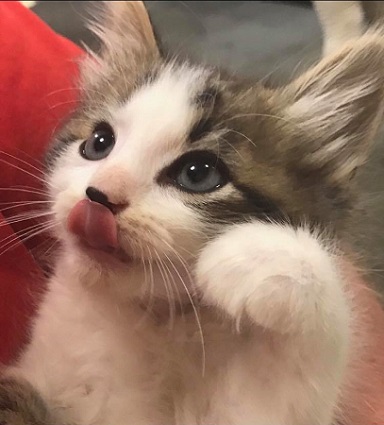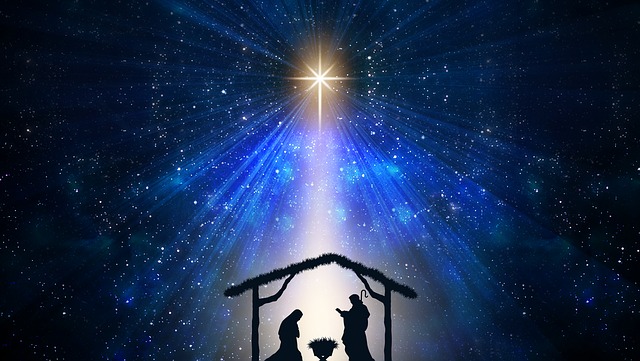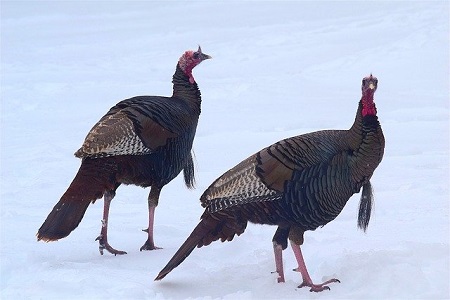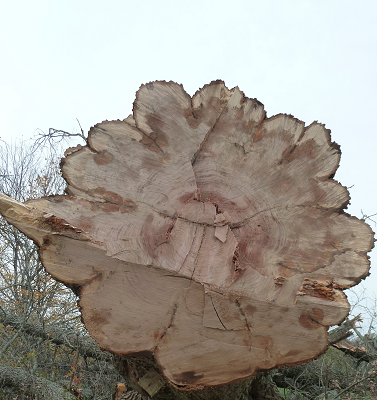Chomp at the Bit
 Our family had horses when I was a teenager. I loved to ride, but my sister preferred to keep both feet on the ground. She did not trust horses, especially when they chomped at the bit.
Our family had horses when I was a teenager. I loved to ride, but my sister preferred to keep both feet on the ground. She did not trust horses, especially when they chomped at the bit.
Like many horses, ours wanted to go immediately, and they wanted to go fast. That was especially true when they saw water or food ahead.
A cousin convinced my sister to ride with him one afternoon. The closer they came to the end of their trip, the faster the horse ran. When they went under an apple tree branch, our cousin lowered his head. Gail did not see the branch, and it knocked her to the ground. That was the end of her horseback riding.
To chomp at the bit refers to a horse biting its bit (mouthpiece).
According to The Phrase Finder, the original phrase was champ at the bit. Both chomp and champ refer to biting or chewing. Excited horses chomp at the bit before a race begins. They have a hard time waiting.
People also chomp at the bit.
We may not have a piece of metal in our mouths. However, we definitely get impatient. Few of us enjoy delay. We want everything immediately, if not sooner.
- Babies want to be fed.
- Children want to play.
- Teenagers want to drive.
- Adults want good jobs.
- Almost everyone wants love and acceptance.
We want what we want when we want it.
Like bits guide horses, wisdom guides people.
Yet, we need to find trustworthy sources for truth. Let’s never chomp at the bit until we know we are:
- Following the right source.
- Going the right direction
Until then, let’s hold our horses.
“Do not be like the horse or the mule, which have no understanding but must be controlled by bit and bridle or they will not come to you” (Psalm 32:9 NIV).
Thanks to Tracy Crump for the suggestion. Image by Ainslie Gilles-Patel from Pixabay.
Do you have an expression you want explained? If so, please comment below.
Subscribe to receive my weekly posts by email and receive a free copy of “Words of Hope for Days that Hurt.”
If you enjoyed this post, please share it with your friends.

 University and community plays often bring down the house. Audiences love local drama and give frequent standing ovations.
University and community plays often bring down the house. Audiences love local drama and give frequent standing ovations. “What’s wrong? Cat got your tongue?” I have heard several older relatives ask this, especially to children. Sometimes the children were shy. Other times, little ones feared a truthful answer would get them in trouble.
“What’s wrong? Cat got your tongue?” I have heard several older relatives ask this, especially to children. Sometimes the children were shy. Other times, little ones feared a truthful answer would get them in trouble. “I see it!” I see the light!” When my brother was little, he loved lights. That was especially true at Christmas.
“I see it!” I see the light!” When my brother was little, he loved lights. That was especially true at Christmas. Have you tried to find a needle in a haystack? Believe me, it is not easy. I have never looked for a real needle in a stack of hay. However, I have hunted for several hard-to-locate items.
Have you tried to find a needle in a haystack? Believe me, it is not easy. I have never looked for a real needle in a stack of hay. However, I have hunted for several hard-to-locate items. We all have our ups and downs.
We all have our ups and downs. I love to eat cold turkey. However, I hate to quit a habit cold turkey.
I love to eat cold turkey. However, I hate to quit a habit cold turkey. Everyone makes mistakes. Those who act holier than thou rarely admit them.
Everyone makes mistakes. Those who act holier than thou rarely admit them. I watched an old friend bite the dust last week. He had greeted me faithfully every day for years.
I watched an old friend bite the dust last week. He had greeted me faithfully every day for years.  Like the circles inside his trunk, so goes
Like the circles inside his trunk, so goes